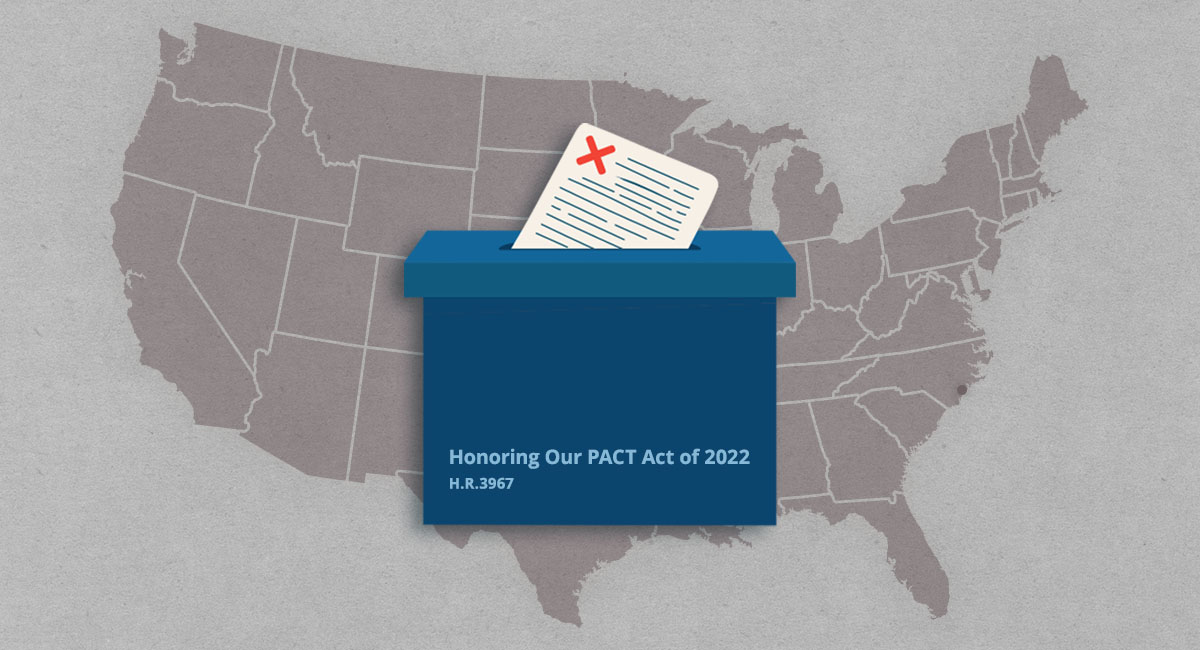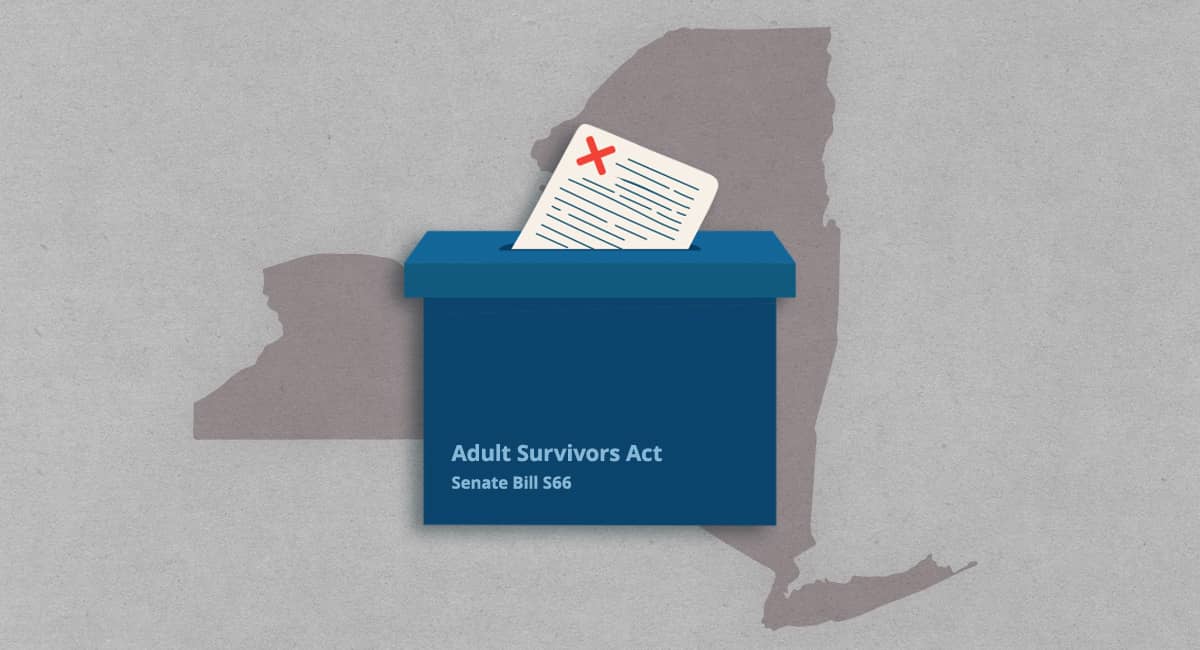What The Camp Lejeune Justice Act Of 2022 Means For Veterans And Their Families
Marine Corps Base Camp Lejeune drinking water was contaminated for decades, putting veterans at risk. A new bill could help those impacted receive compensation.

A bill to help individuals exposed to contaminated water at Camp Lejeune recently passed a critical vote in the U.S. Senate and has been signed by the president. The Honoring Our PACT Act contains the Camp Lejeune Justice Act of 2022. This bill will broaden resources and benefits for veterans exposed to toxic substances during military service. For eligible individuals who lived and worked at Camp Lejeune, it will provide options for legal action.
For decades, veterans and civilians were exposed to several toxins in the Marine Corps base’s drinking water. The contaminated drinking water has been linked to various types of cancer, Parkinson’s disease and other health risks.
The Camp Lejeune Justice Act of 2022 opens a two-year window for affected individuals to file a lawsuit for compensation. Individuals who wish to file must have developed a condition related to the toxins in the base’s water.
Camp Lejeune Water Contamination Put Veterans And Civilians At Risk
Camp Lejeune is a Marine Corps base in North Carolina. From 1953 to 1987, drinking water at the base was contaminated with toxic chemicals. The contaminated drinking water also impacted the nearby Marine Corps Air Station (MCAS) New River.
Operations at Camp Lejeune include military training operations and maintaining combat-ready units for expeditionary deployment. The 156,000-acre base encompasses industrial, commercial and residential areas.
According to the Centers for Disease Control and Prevention (CDC), contamination was found in drinking water. The contaminated water was mainly provided by two on-base water supply wells. Volatile organic compounds (VOCs) found in the Camp Lejeune drinking water include:
- Benzene
- Tetrachloroethylene (perchloroethylene, or PCE)
- Trichloroethylene (TCE)
- Vinyl chloride (VC)
The Tarawa Terrace water treatment plant provided drinking water primarily contaminated with PCE. The Agency for Toxic Substances and Disease Registry (ATSDR) notes the source of contamination was located off base. The source was a dry cleaning firm engaging in improper waste disposal practices. The agency found the PCE concentrations exceeded maximum contaminant levels between November 1957 and February 1987.
The Hadnot Point water treatment plant also provided contaminated drinking water. The ATSDR found multiple sources that led to the contamination. Leaking underground storage tanks, industrial area spills and waste disposal sites contaminated the water. The agency estimated at least one VOC exceeded the maximum contaminant level in drinking water during August 1953 and January 1985.
During these decades of contamination, it’s estimated that nearly one million veterans and civilians were potentially exposed to Camp Lejeune’s drinking water. Since then, the ATSDR has identified various health risks associated with exposure to Camp Lejeune drinking water. Birth defects, Parkinson’s disease and cancers like leukemia have been linked to the VOCs found in the water.
Conditions Linked To Camp Lejeune Contaminated Drinking Water
- Adult leukemia
- Aplastic anemia and other myelodysplastic syndromes
- Bladder cancer
- Kidney cancer
- Liver cancer
- Multiple myeloma
- Non-Hodgkin’s lymphoma
- Parkinson’s disease
*Note: This is not an exhaustive list. These are considered presumptive conditions by the VA for disability benefits. Other conditions have been linked to the contaminated water.
Seeking Justice For Impacted Veterans And Their Families
The Camp Lejeune Justice Act of 2022 will help veterans and civilians who developed a health condition related to the contaminated water receive compensation. Currently, individuals can file claims with the U.S. Department of Veterans Affairs (VA) to receive disability benefits or health care coverage.
Individuals must meet certain criteria to be eligible to file. For instance, veterans must have served on active duty at Camp Lejeune for at least 30 days between August 1, 1953 and December 31, 1987. However, many such claims have not been approved by the VA. According to a CBS News report in February 2022, the VA stated it had an average approval rating of 17% for Camp Lejeune claims.
The bill will help veterans, family members and others exposed to Camp Lejeune drinking water get the justice and compensation they deserve.
Exposed to Contaminated Water at Camp Lejeune?
You May Be Eligible for Compensation.
The bill opens a two-year window that would enable victims to file lawsuits. Previously, they were restricted by North Carolina’s statute of limitations of 10 years for civil claims.
With this bill signed into law, victims will have an opportunity to receive compensation to help pay for medical bills and other expenses.
Sources
- 1
Agency for Toxic Substances and Disease Registry (Updated 2019 September). Camp Lejeune, North Carolina.
- 2
Herridge, C. and Kegu, J. (2022, February 16). “Deny until they die”: Some veterans say VA wrongly rejects claims for illnesses they blame on Camp Lejeune’s contaminated water. CBS News.
- 3
U.S. Department of Veterans Affairs. (Updated 2022 March). Camp Lejeune water contamination health issues.



